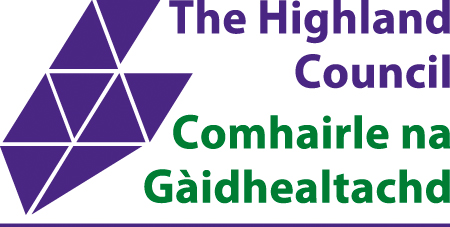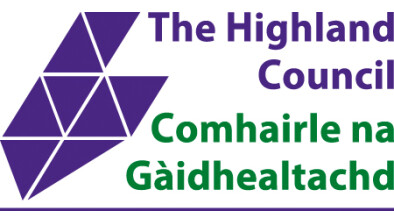Highland Council approves framework for developing closer community connections
 The Highland Council’s communities and place committee has approved an engagement framework to hear from communities and individuals about the impacts and learning from COVID-19.
The Highland Council’s communities and place committee has approved an engagement framework to hear from communities and individuals about the impacts and learning from COVID-19.
This will also be used to improve and develop closer participation and involvement with communities to help drive forward service design and delivery.
Community empowerment is core to the Highland Council’s recovery plan. COVID-19 has resulted in an overwhelming surge in local community involvement and action which presents the council with an opportunity to use this momentum to change how it works and connects with communities.
Councillor Allan Henderson, chair of the committee, said: “The council is committed to working closely with our communities and building on the strengths already demonstrated over the last 5 months. We are at a point where we can learn from experiences since the outbreak and look at what worked well and what could have been done better.
“By building on the closer connections with individuals and communities that we have seen with everyone pulling together to provide support to those most in need, having a clear framework will make sure all voices are heard and we can get a better understanding on the impact COVID-19 has had on everyone. This in turn will help us develop services and capture local priorities that will support recovery.
“Already some engagement to seek people’s views has taken place and what is coming across is that there is certainly an appetite for change, so I am looking forward to more opportunities to speak to communities and together explore new enhanced ways we can move forward together.”
The engagement framework will be dynamic – with work evolving and on-going to understand local experiences.
It has been divided into three strands. The first area focuses on community engagement and includes individuals, community groups and people using council COVID-19 services.
The second strand covers those groups and individuals who have experienced greater impacts as a result of COVID-19 such as young people, the disabled and anyone homeless. The final strand concentrates on engagement with business in recognition of the importance of economic recovery.
The council is setting up local sessions with groups providing support and an update on feedback will be presented at the November communities and place committee.
A separate paper presented to the committee this week focussed on ambitious plans to improve how customer contacts, enquires, complaints and Freedom of Information requests are dealt with.
The council’s service centre handles over 240,000 calls a year and during 2019/20 services responded to a further 51,388 enquiries, 1725 complaints, 1840 FOI enquiries and 836 requests from MSPs and MPs.
The service is currently under performing in terms of the time taken to respond to enquiries. Members of the Committee have agreed a new approach to improving performance that will focus on putting customers central to how the council connects with communities. This will include:
•Making it easy for people to resolve enquiries themselves using various internet and telephony methods
•Where staff support is needed resolve issues at the first point of contact whenever possible
•Take more care of anyone who needs more support to access services
•Dealing with written complaints and enquiries on time
•Making it easier for councillors to report constituent queries and track their progress.
•Supporting staff to comply with timescales by providing appropriate training, processes and systems
Instrumental to implementing these improvements will be replacing the current Customer Relationship Management (CRM) system with work already underway to identify a suitable alternative system that will move the emphasis from complaints to that of resolution.







